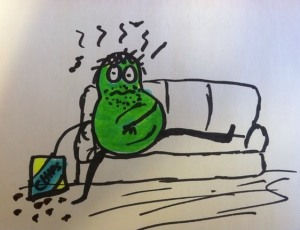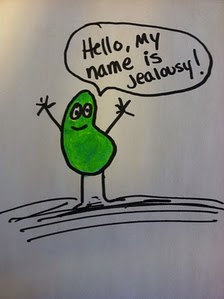How vulnerable do you allow yourself to be?
I was discussing this with my good friend Emily not too long ago. (I really should give her full credit to this blog, because she is the one who brought it up). Emily and I realized that we have different practices when it comes to being vulnerable with others. She tends to be more closed off until she has a more established relationship. I tend to be more open to more people more easily.
She and I face different challenges in being vulnerable with others. Hers is to be able to let someone new in, while mine is to know when to close it off. You shouldn’t be vulnerable with everyone; don’t be an emotional whore because that is just asking for trouble. And how can you be a real friend/boyfriend/girlfriend without allowing your true self to shine through.
In our conversation we came to the realization you need to have a balance. Keep closed and open enough to build and deepen relationships, while still protecting yourself and not becoming that whore.
*****
Being vulnerable is scary. Often times, no matter when or with whom, it can lead to regret (Thanks Mr. Jon Lukas for your insight!). Have you ever felt that twinge of regret after having poured your heart and soul out to another? Even if the other person doesn’t judge you or think negatively of you, you can’t help but feeling like maybe you shouldn’t have said it all. You want to take it all back. Let’s call it Vulnerability Remorse.
This remorse is too familiar to me. Remember when I said that I open up too much to too many different people? This leaves me feeling full of regret too often. It also prevents me from opening up to the person to which those feelings are linked causing more problems and drama between friends.
Think about how you allow or don’t allow you to be vulnerable. Now, why do you think this is? Is it past experiences? Is it a question of trust? Have you been hurt too many times and now you’ve closed yourself off? Or is it the opposite? Have you never been able to open up to anyone?
When we are vulnerable, we stand alone with a very real part of us visible. It takes trust. When our self-made walls crumble down, feelings are exposed leaving us emotionally naked in front of another.
As scary as it is, it is through vulnerability that friendships and relationships can be strengthened. We must find our own balance between the emotional whoring and being an iron vault.
One last thing, take the time to answer this quick poll. Use it as a way to start your personal reflection on how vulnerable you allow yourself to be.










